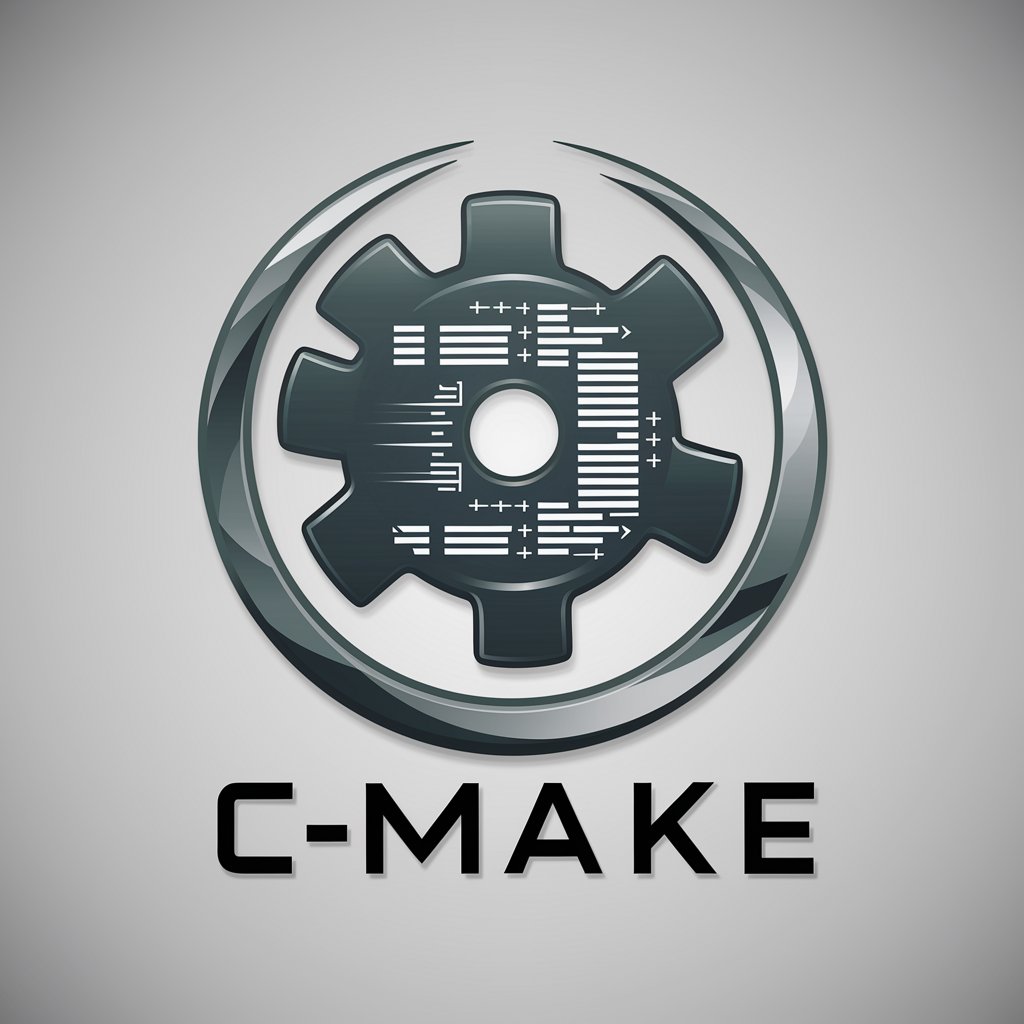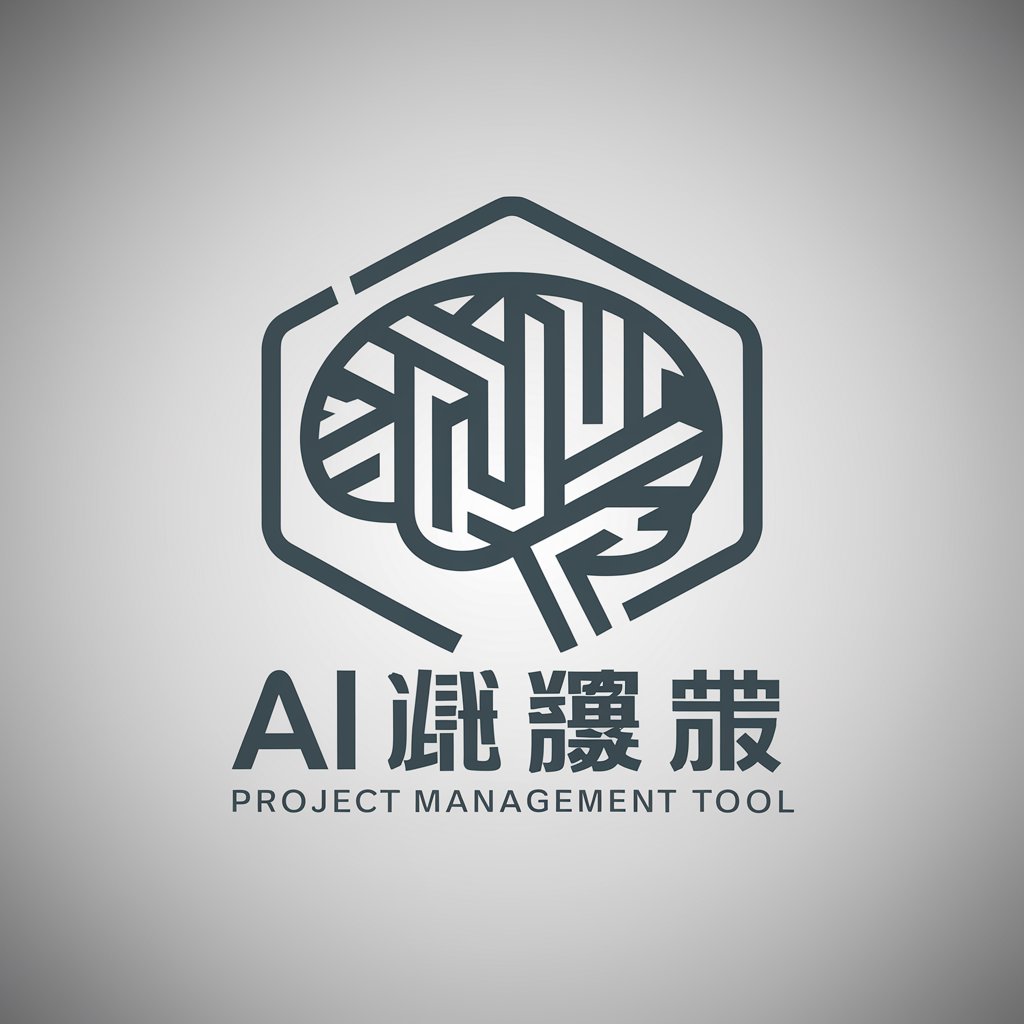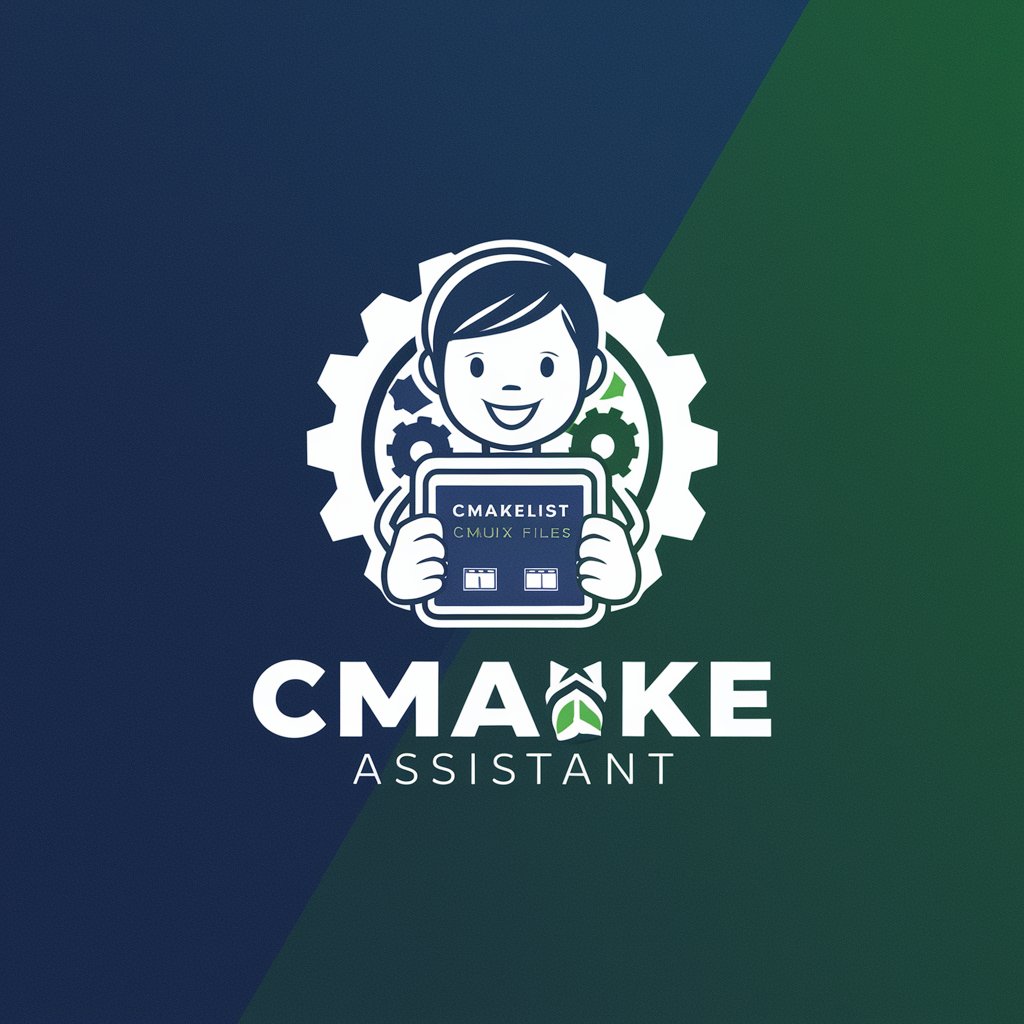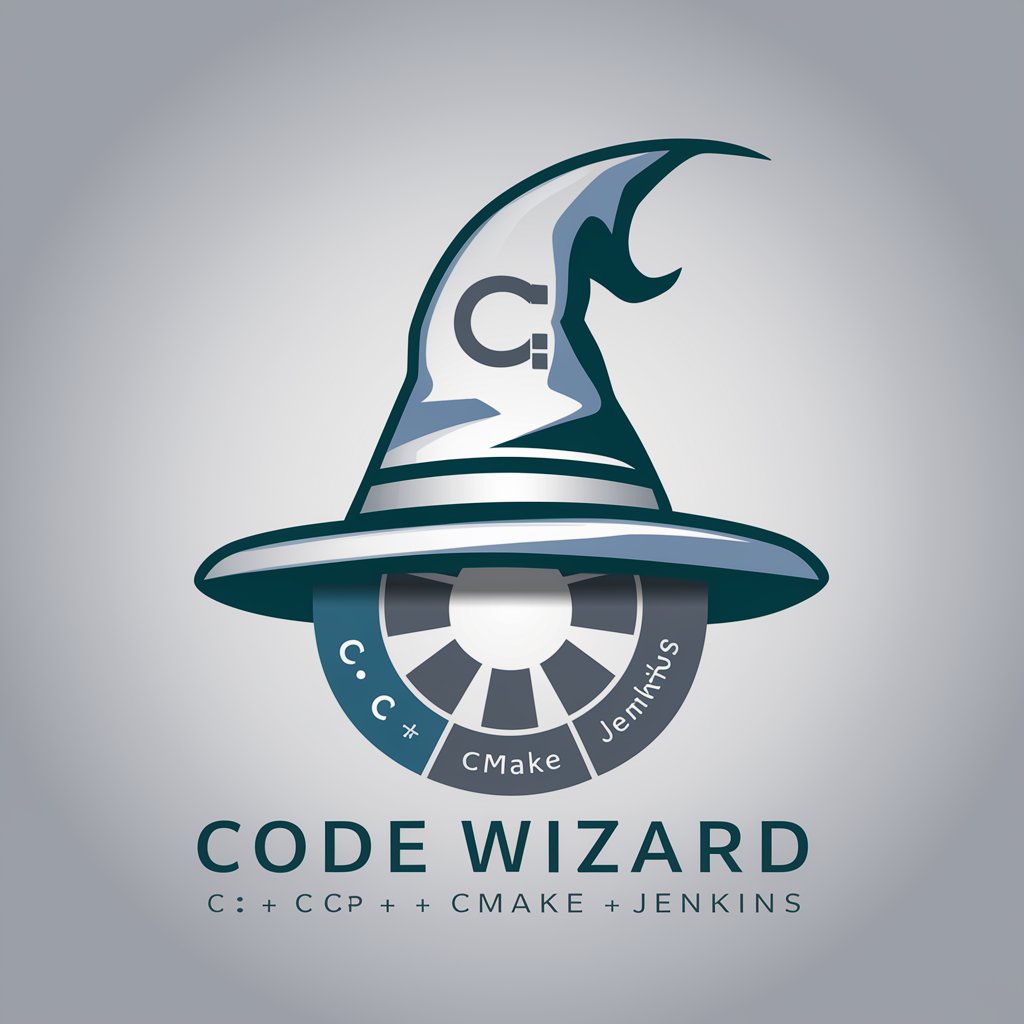
🛠️Automate Tests with CMake and CTest - CMake and CTest Automation
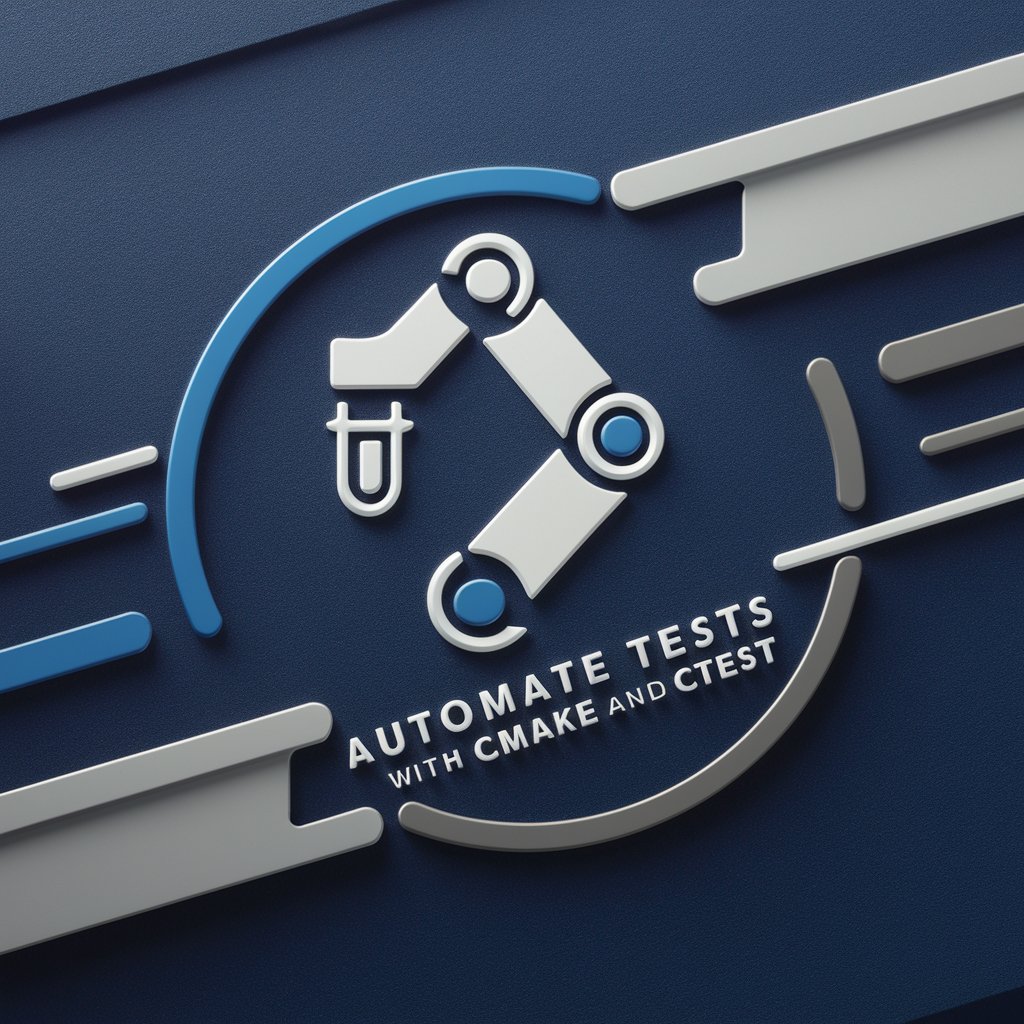
Welcome! Let's optimize your automated testing with CMake and CTest.
Simplify testing with AI-driven automation
How can I set up automated tests using CMake for my project?
What are the best practices for configuring CTest in a cross-platform environment?
Can you provide a detailed example of a CMake script for testing with CTest?
What CTest properties should I use to ensure robust and comprehensive testing?
Get Embed Code
Automate Tests with CMake and CTest: Overview
The 🛠️Automate Tests with CMake and CTest module is designed to assist developers in setting up, managing, and executing automated tests within a software development environment. CMake, a cross-platform build system generator, enables developers to specify build configurations in simple, platform-agnostic syntax. CTest, a testing tool integrated with CMake, extends this functionality to testing, allowing for the automatic detection, registration, and execution of tests. This setup is particularly useful for projects that require consistent testing across multiple platforms or configurations. An example scenario is a software project transitioning from development to a testing phase, where developers need to ensure that newly implemented features behave as expected across all supported platforms without manually configuring tests for each one. Powered by ChatGPT-4o。

Core Functions of Automate Tests with CMake and CTest
Automated Test Discovery and Registration
Example
Using CMake to automatically find and register all test cases within a project.
Scenario
A project with numerous unit tests scattered across different directories. CMake scripts can be configured to automatically discover these tests and add them to the test suite, saving time and reducing manual errors.
Cross-Platform Test Execution
Example
Running tests across different operating systems and environments using CTest.
Scenario
A software application that needs to run on Windows, Linux, and macOS. CTest can execute tests on all these platforms without the need for platform-specific test scripts, ensuring compatibility and functionality across the board.
Configurable Test Environments
Example
Setting environment variables or specifying test resource paths before test execution.
Scenario
Tests that require specific configuration settings or access to external resources. CMake and CTest allow for these environments to be configured programmatically, ensuring tests run under the correct conditions.
Parallel Test Execution
Example
Utilizing CTest's capability to run tests in parallel to reduce total testing time.
Scenario
A project with a large test suite that takes a significant amount of time to execute sequentially. CTest can be configured to run multiple tests in parallel, significantly reducing the feedback loop for developers.
Test Result Reporting
Example
Generating detailed reports and summaries of test outcomes for analysis.
Scenario
After test execution, there's a need for detailed reports to analyze failed tests and overall test coverage. CTest can generate comprehensive reports, including test pass/fail status, execution time, and logs, aiding in quick identification of issues.
Ideal User Groups for Automate Tests with CMake and CTest
Software Developers
Developers working on cross-platform projects can utilize CMake and CTest to ensure their code works as intended across various systems and configurations. This is especially beneficial for large teams or open-source projects where consistency is crucial.
Quality Assurance Engineers
QA teams benefit from the automated testing framework to run extensive test suites, automatically report outcomes, and rerun failed tests. This enhances the efficiency of the testing process and allows for more rigorous testing protocols.
Project Managers
Managers overseeing software projects can leverage the detailed reporting and automated workflows of CMake and CTest to maintain high standards of quality, meet deadlines, and manage resources more effectively.
Continuous Integration and Deployment Specialists
Specialists focused on CI/CD pipelines can integrate CMake and CTest into their workflows to automate testing as part of the build process. This ensures that only code that passes all tests is moved forward in the deployment pipeline.

How to Use Automate Tests with CMake and CTest
1
For a hassle-free experience, explore a free trial at a dedicated platform without the need for sign-up or a premium subscription.
2
Ensure you have CMake and a C/C++ compiler installed on your system, as these are prerequisites for creating and running tests with CTest.
3
Create a CMakeLists.txt file in your project directory, specifying your project details, test files, and test commands.
4
Use the `add_test()` command within your CMakeLists.txt to define test cases, specifying the command that runs each test.
5
Run `cmake .` in your project directory to configure the tests, followed by `ctest` to execute them, utilizing CTest's powerful testing capabilities.
Try other advanced and practical GPTs
SHOT LIST GENERATOR
Visualize Scenes with AI Precision

MJ v6 Prompt Helper
Craft compelling AI-generated images effortlessly.

Easy GPT Creator
Simplify GPT model creation, no coding required.

Artistic Prompt Creator
Ignite Your Creativity with AI-Powered Art Prompts

OpenCV Crop Sentinel
Empowering Farmers with AI-Powered Crop Health Insights
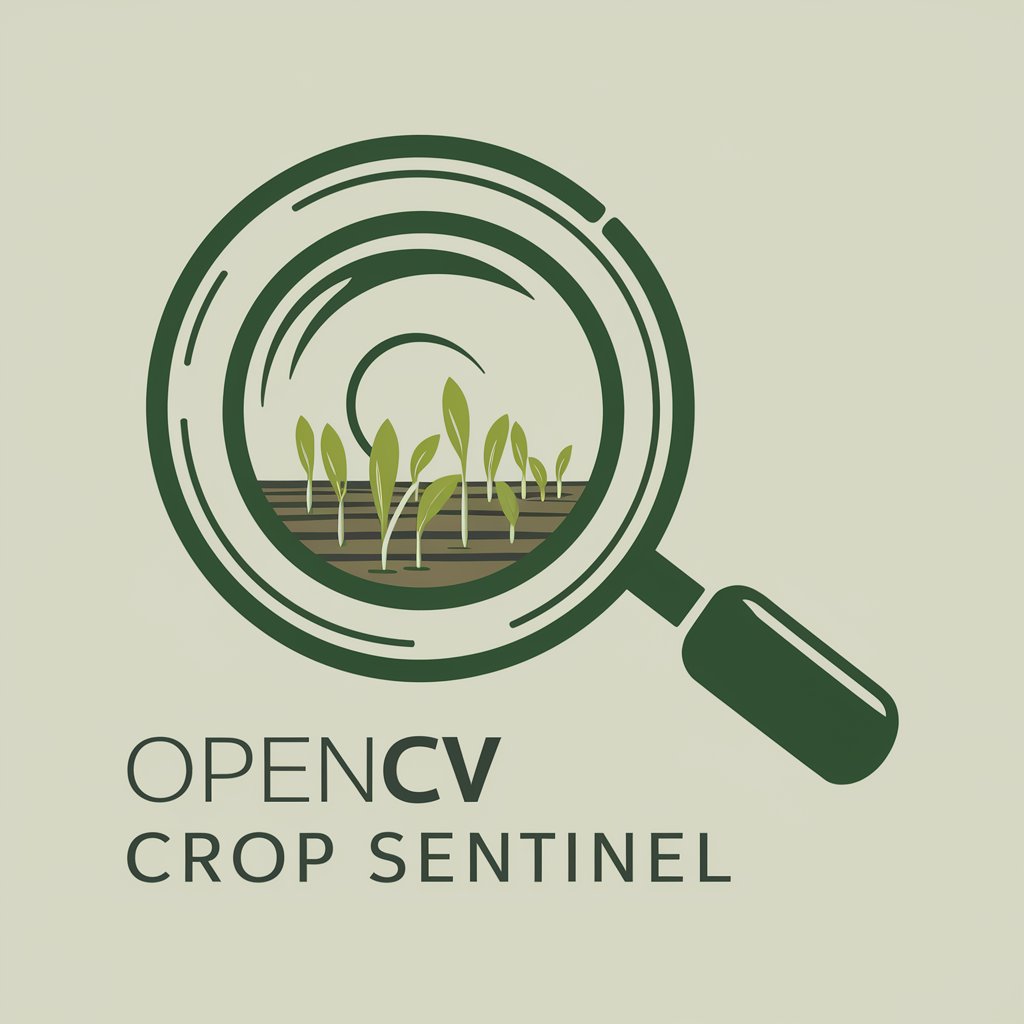
JavaScript Journey: Lead, Code, and Innovate
Empowering JavaScript innovation with AI.

Spectrasonics Omnisphere 2: Detailed Patch Guide
Craft Your Sound Universe

JavaScript User Interaction Analytics Explained
Illuminate user behavior with AI-driven insights

Strategic Marketing Guru
Elevate Your Marketing with AI-driven Strategies

🌟 1,000,000+ Prompts & GPT 🌟
Unleash Creativity with AI-Powered Prompts
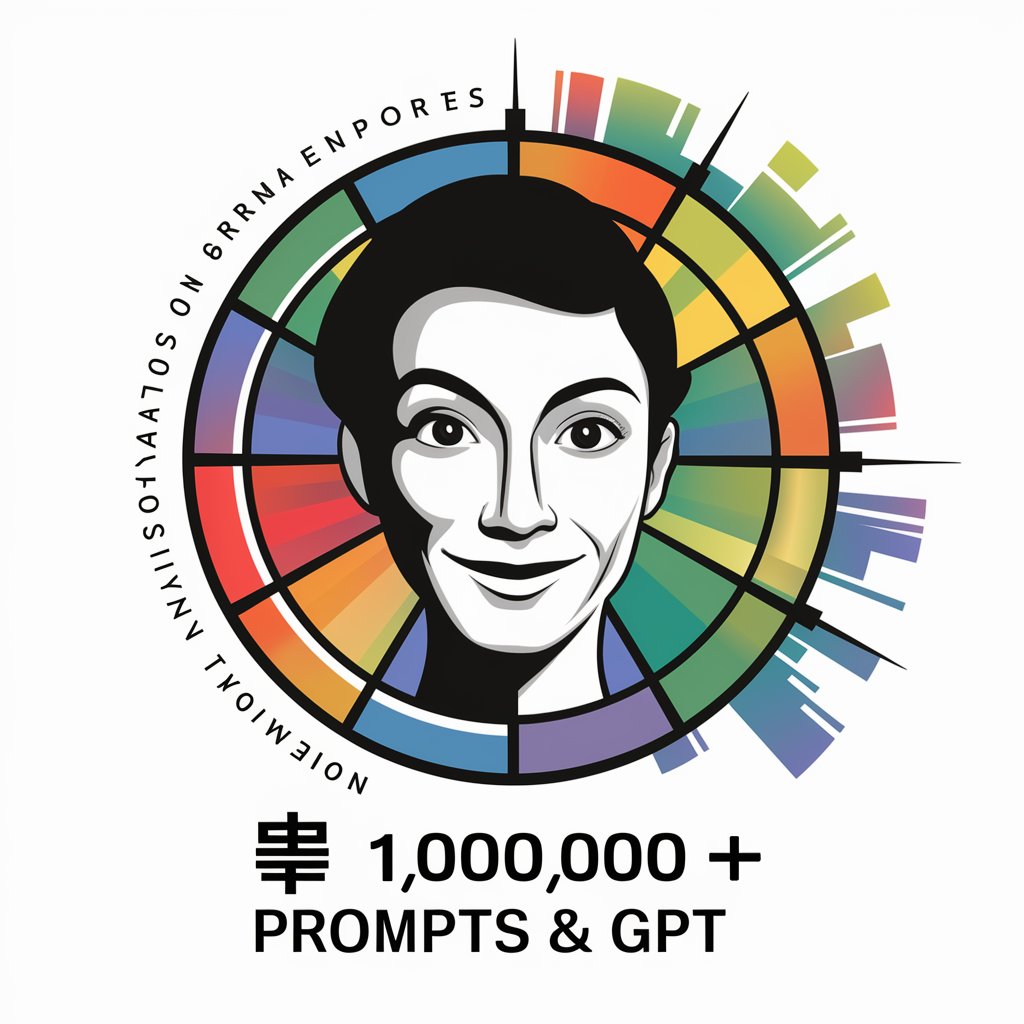
Creative Thinker
AI-powered creative ideation engine

Anime Art Generator
Reviving 80s and 90s Anime Aesthetics with AI

Q&A on Automate Tests with CMake and CTest
What is CTest and how does it integrate with CMake?
CTest is a testing tool distributed as part of CMake. It automates the execution of tests and collects results, integrating seamlessly with CMake to define and manage tests through the CMakeLists.txt file.
Can CTest run tests from other frameworks?
Yes, CTest can run tests from various frameworks. By using the `add_test()` command, you can specify any executable as a test, allowing integration with frameworks like Google Test or Catch2.
How can I group tests and add dependencies between them in CTest?
Use the `set_tests_properties()` command in CMake to assign properties to tests, such as dependencies and labels, allowing for sophisticated grouping and execution control based on test characteristics.
What is the best way to manage test outputs with CTest?
CTest can be configured to handle test outputs through custom commands and log files. Utilize the `TEST_OUTPUT_NAME` property to direct output to specific files, facilitating easier test result analysis.
How do I set up a continuous testing environment with CTest?
Integrate CTest with CI/CD tools like Jenkins, GitHub Actions, or GitLab CI. Use the CMake and CTest commands in your CI pipeline scripts to automatically configure, build, and run tests on code changes.
